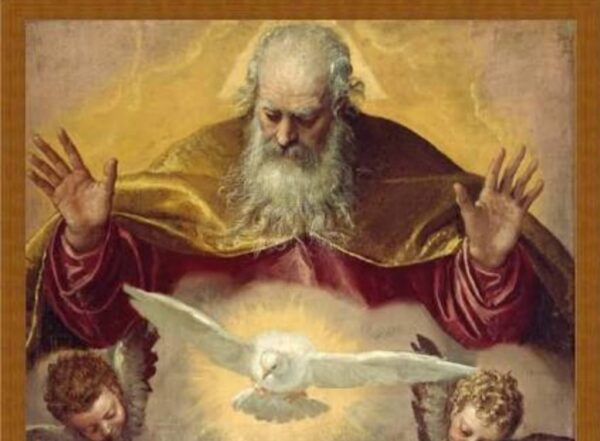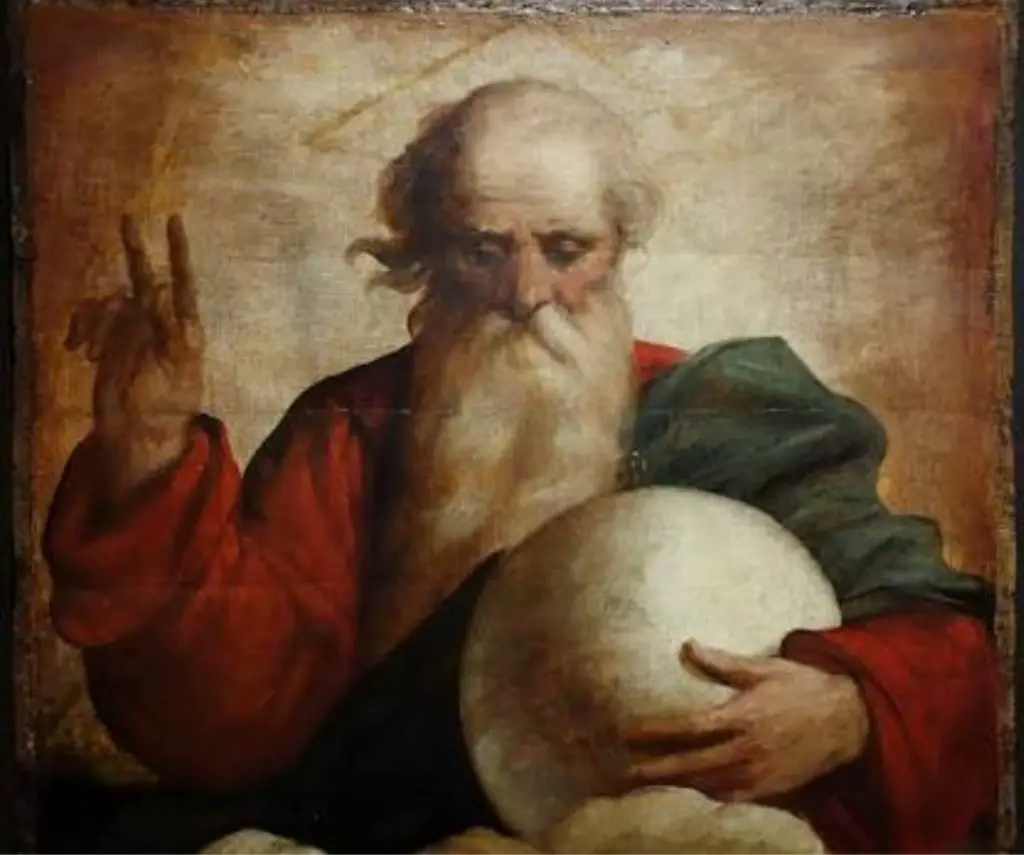Most of Browning’s poems are written in between 1840 to 1860 and these all are written from various perspectives of the society. “Johannes Agricola in Meditation” is a famous poem by the charming hands of Robert Browning.
About the Poem Johannes Agricola
It can be said that his life of writing poetry started from the time when he wrote this poem. “Johannes Agricola in Meditation” and “Porphyria’s Lovers” both published under the title of “Madhouse cell”.
The poem was first published in the “Monthly Repository” in 1836 and after that again it was published in “Dramatic Lyrics”.
It is a dramatic monologue where the speaker if the poem is a hard believer of “Predestination”. The rhyme scheme of the poem is, “ababbc”.
Johannes Agricola in Meditation Analysis
In the first line, the poet is enunciation that there is heaven above the world and there is only night and night. Here the poet is addressing the galaxy which is dark. And then the poet states that he is looking at the gorgeous roof of heaven.
Here the poet is trying to symbolize the sky and the word ‘gorgeous’ he wants to claim the starts that make the roof beautiful. Sun, Moon even also not so glorious that the sky is and then in a pretentious way he is saying,
“I keep the broods of stars aloof:”
This line signifies from the earth he is watching at the stars and will keep them watching the broods. For this poet intents to get to God by dying. And to get god poet is walking in speed so that he can reach in heaven fast.
Johannes Agricola in Meditation summary
Speaker is furthest making his statement that the breast of God is his own house where he lives with peace. He says,
“I lay my spirit down at last
I lie where I have always lain,”
The pair of lines are very relevant maybe the speaker is trying to say that he is going to die and he is lying in the breast of God. God is smiling as he always uses to smile.
Sun and Moon will be destroyed once and the stars will be pulled. And in heaven, God will take of the poet as a child.
God made a life for the poet and God also said to the speaker that his hands and legs will take rest when he would be living in heaven.

The poetic imagination of the poet is spontaneously growing up with times and now he is writing that like the Sun and Moon he will be created and God will let him glow. Now he is comparing himself with a tree,
“Guiltless for ever, like a tree…”
He would be as gentle as a tree is. For love, everything will swell to him and the poet will be imaged because for his whole life he wanted to get that. These are all his imagination that he has written in verse and says he pledged solely to lead a life like that.
God himself Warrant the speaker so that he can drink a water mixture of venom in a cup.
“The draught to blossoming gladness fast,”
This line prefers the designed blossoming gladness like dew will be turned to the guard’s hurt and when people will bloat it one time it will blast. Here poet perhaps tries to speak on the reality that he faces and that is why we want to die fast.
We want to die and God gave him blessings that become the power of the poet.
Now in the last part of the poem suddenly poet changes his vision towards heaven to hell. Here he is looking at the hell’s fierce bed. The waves of flames are blowing everywhere. Such terror is spreading outside.
Maybe here the poet is trying to focus on the devils who are living here. They also can live in heaven as the speaker will live there. Poet has the blessings of God. The striving of the people now turn to sin and they are getting the punishments.

“Priest, doctor, hermit, monk grew white
With prayer, the broken-hearted nun,
The martyr…”
Here the speaker is taking references to kinds of men who have done well to the world and that is why they achieved the blessings of God. Poet is further enunciated that he only praises to God, he will look after all who have done well.
Poets can understand that people are making out to gain poet’s blessings they are bargaining get the love of God. They are paying a price to get faith.
Rhetorical Devices used
The poem is in the very first time of Browning’s writing career so this poem is full of rhetorical devices like Anaphora, Alliteration, Syncope, Personification, etc.
Syncope, it is a style of writing word by using an apostrophe, just like, ‘foredoom’d’, ‘fashion’d’, ‘tho’’, ‘ev’r’, ‘array’d’, etc.
Alliteration, it is also a writing style where the writers use to a word or phrase starting with the same word like, ‘night and night’, ‘bloat and blast’, ‘And bolat, and’
Anaphora is also writing style that means repetition of words, clauses, and phrases at the beginning of lines one after another.
“For I intend to get to God,
For ‘tis to God I speed so fast,”
And,
“Ere suns and moons could wax and wane,
Ere stars were thundergirt, or pilled”
So, these are all kinds of writing styles that Robert Browning uses in his poem to make the content a bit rich.